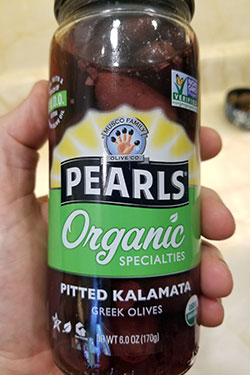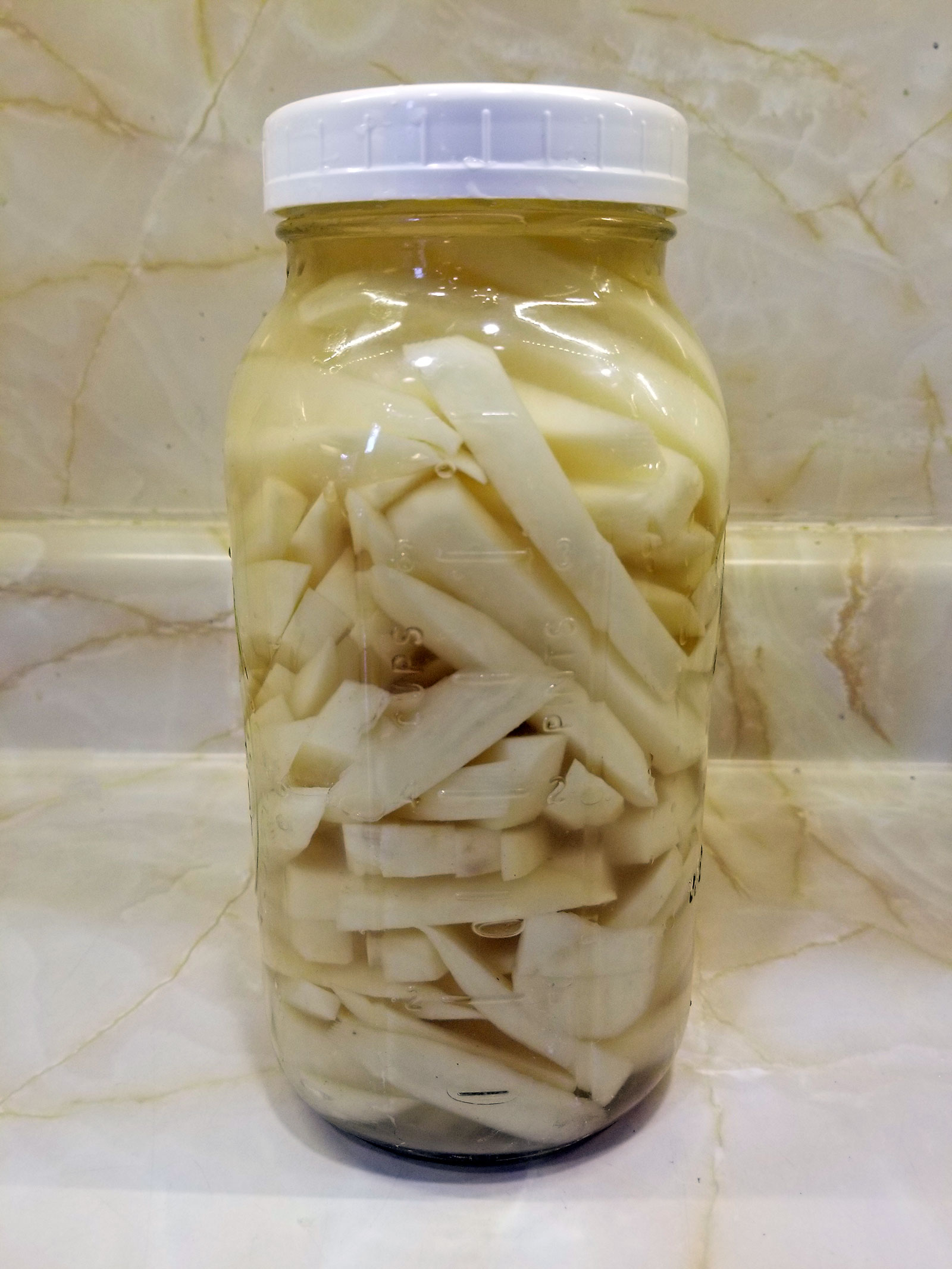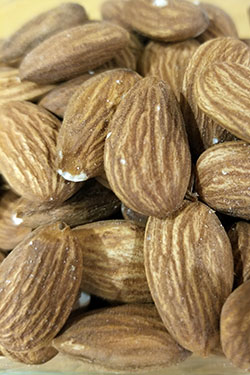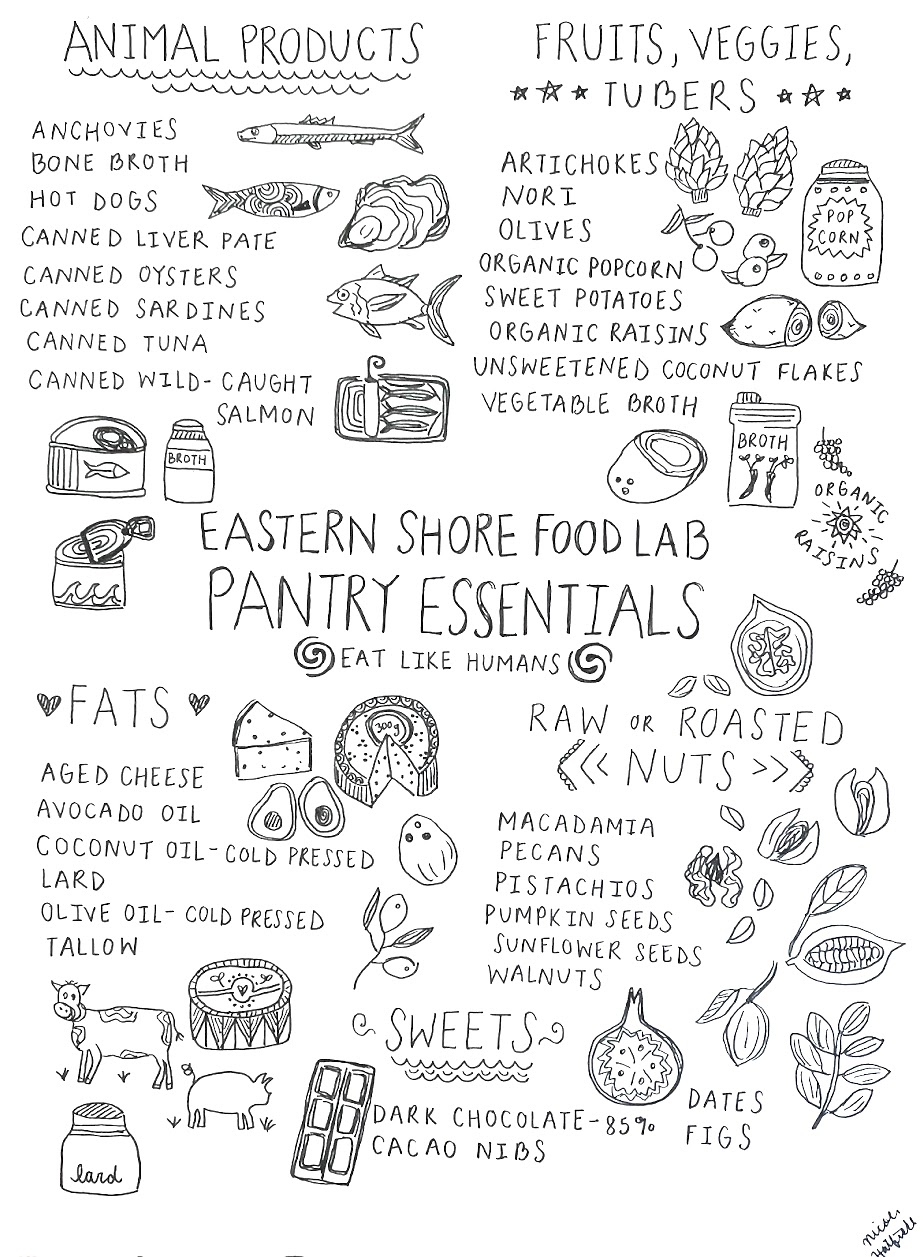Pantry Essentials
Stock your pantry with nourishing and shelf-stable foods.
Animal Products
The most nutrient dense foods come from the animal kingdom. We encourage sourcing all foods ethically and humanely. Do the best you can, and honor animal life.
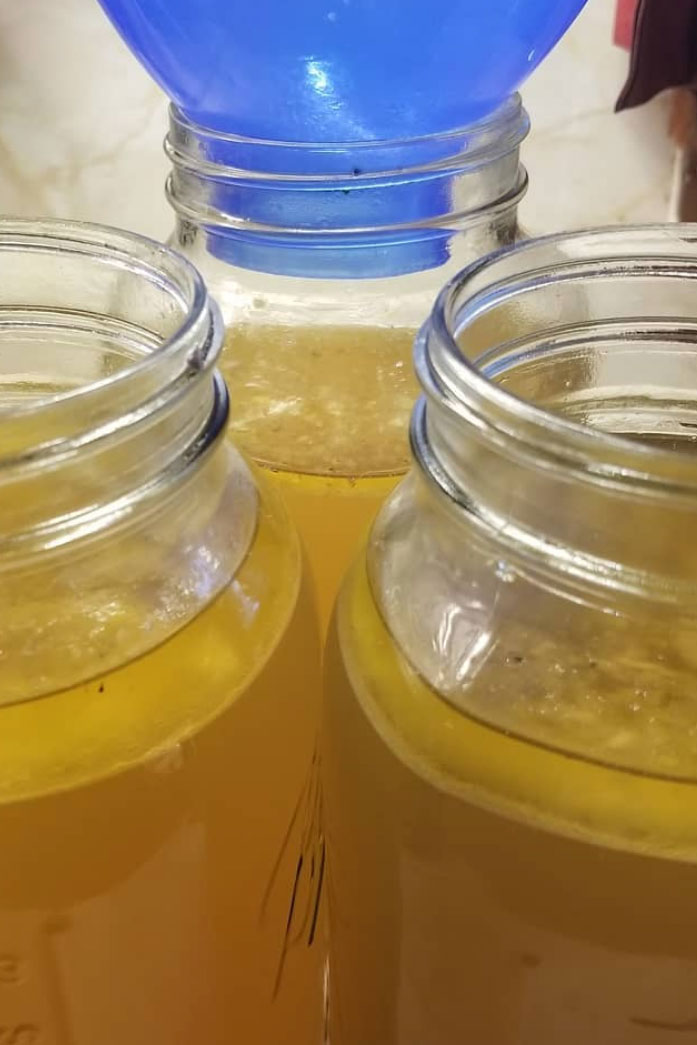
Bone Broth
The traditional food to support healthy joints, bone broth can be made from food scraps or purchased from a store. Rich with gelatin, it contains the important proteins glycine and proline. Vegetable broth is a mineral-rich vegetarian alternative.
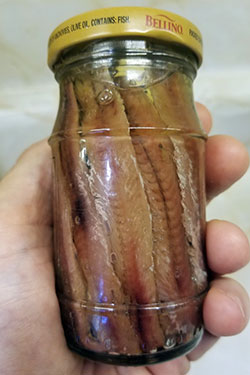
Canned Anchovies
Anchovies are a great source of protein, omega-3 fatty acids, and flavor. While low in contaminants, anchovies sourced from the Atlantic and Mediterranean may have parasites; be sure to freeze for 24 hours or cook before eating. Soak in water to remove excess salt if desired.
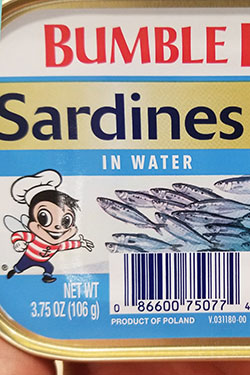
Canned Sardines
High in calcium and minerals, as well as vitamins A, D, and B12, sardines are low in contaminants because they're low on the aquatic food chain. An excellent source of protein, sardines make a satiating grab-and-go snack and can also be used in a variety of meals.
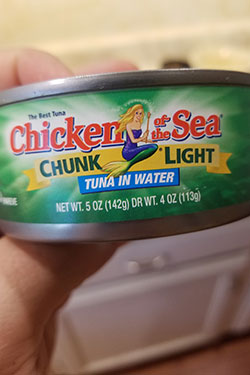
Canned Tuna
Tuna is nutrient dense with omega-3 fatty acids, protein, selenium, manganese, zinc, and vitamins B, C, and D. Eat in moderation due to possibility of heavy metal uptake in these top-level predators.
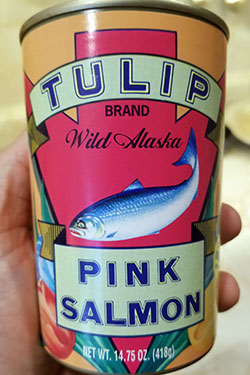
Canned Wild Caught Salmon
A superb source of vitamins, minerals, protein, and omega-3 fatty acids, wild caught salmon has much to commend it. Avoid farm-raised salmon which tend to have dyes added and a diminished nutrient profile. Eat in moderation due to possibility of heavy metal bioaccumulation.
Fruits, Vegetables, and Tubers
Eat a variety of seasonal plants that you enjoy, stock up on frozen produce and berries, and learn how to forage!
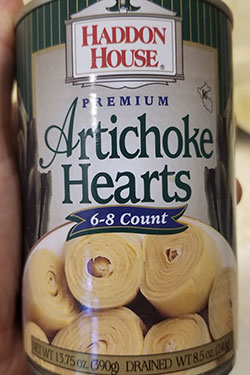
Canned Artichokes
Artichokes have low levels of antinutrients and are among the most nutritious vegetables. Add to salads, stir fries, or just about anything!
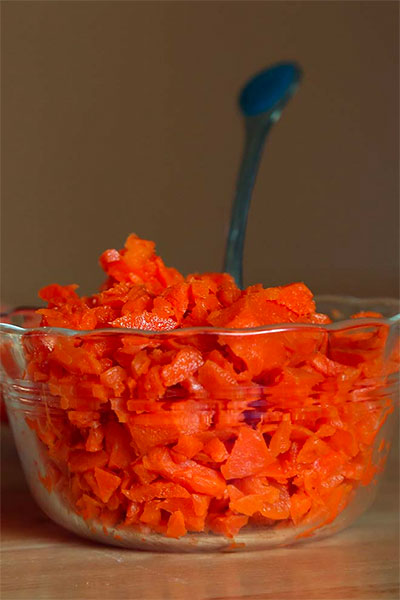
Fermented Vegetables
Once the initial fermentation is complete, sauerkraut, kimchi, and ginger carrots can be stored in a cool pantry. Fermented vegetables from the grocery store are usually pasteurized, reducing their benefits.
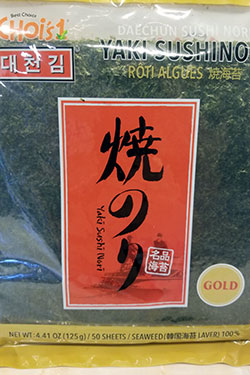
Nori
Not just for wrapping sushi, seaweed is extremely rich in vitamins and minerals, and can be added to bone broth, eaten as a snack, or crushed as a garnish in a variety of meals. Eat in moderation due to high levels of iodine and the possibility of heavy metals.
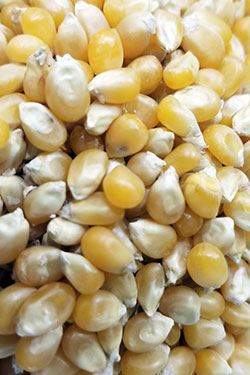
Organic Popcorn
Grown in a monoculture, popcorn often tests high for pesticides. Buy organic popcorn kernels and prepare with an air popper or on the stovetop. Never buy microwaveable popcorn packages, which contain harmful oils, carcinogens, and pesticides.
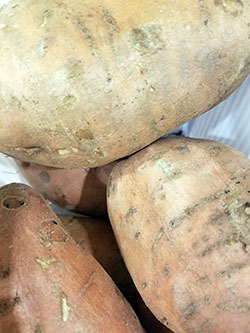
Sweet Potatoes
Sweet potatoes are nourishing and can be boiled or fermented to reduce oxalates if consumed regularly.
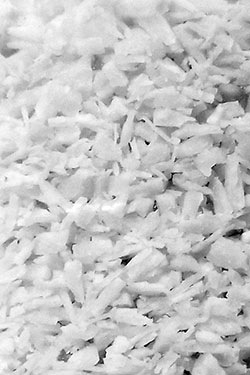
Unsweetened Coconut Flakes
Coconut is high in minerals and can be used in a variety of creative ways.
Fats
Fats are necessary to absorb essential vitamins and provide a steady source of energy. Humans traditionally obtained fats from: 1) dairy, 2) organs and eggs, 3) seafood, 4) small animals and insects. Avoid vegetable oils, or oils pressed from seeds.
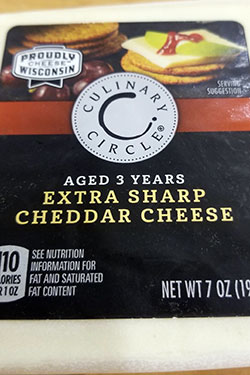
Aged Cheese
Aged cheeses have more lactic acid and less lactose, making them more digestible. It is a superb source of calcium and saturated fat.
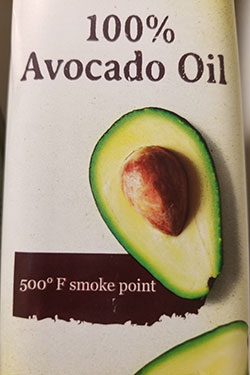
Avocado Oil
Avocado oil remains stable at high temperature cooking and offers a neutral flavor base for mayonnaise and dressings. Some brands of avocado oil are adulterated with seed oils. Chosen Foods, Marianne’s Avocado Oil, and CalPure brands have been lab tested for purity.
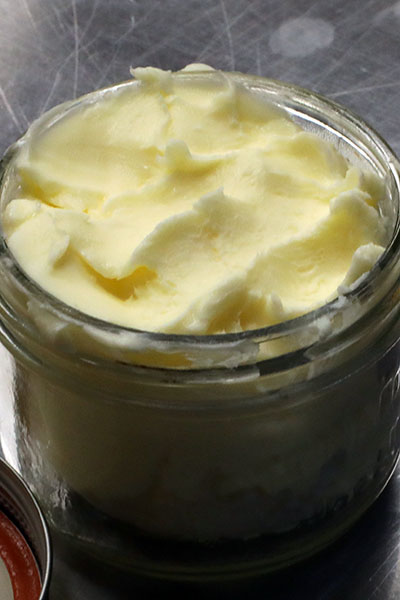
Butter and Ghee
Butter from the cream of grass-pastured animals provides a nutritious source of energy. Ghee is gently heated butter that removes casein proteins for easier digestion and higher cooking temps. Make your own cultured butter and ghee, or purchase the best quality you can.
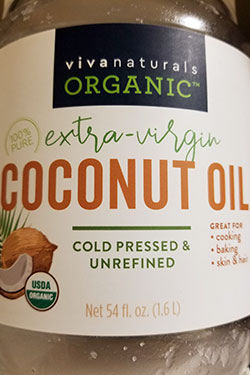
Coconut Oil
Make sure to use cold-pressed coconut oil, which ensures it was not heat treated in processing to become rancid.
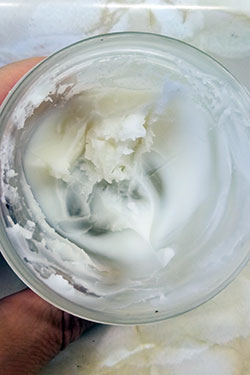
Lard and Tallow
Lard and tallow from pastured animals are among the healthiest fats for human health.
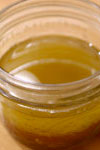
Olive Oil
Olive oil is a delicate fruit oil that breaks down with exposure to light. Its earliest uses were cosmetic, and only recently has been used as a food. Buy cold pressed olive oil stored in dark glass bottles or metal tins, and store in a cool location.
Nuts and Seeds
Raw or dry-roasted nuts and seeds offer beneficial fats and minerals, though they can also have compounds that are harmful in quantity such as lectins, oxalates, and phytates. When heated, the oils of some of nuts and seeds go rancid, causing oxidative stress and inflammation in our bodies. Avoid purchasing any nuts or seeds roasted in vegetable oils.
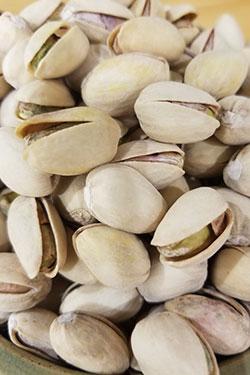
Macadamia and Pistachio Nuts
Macadamia nuts have a low antinutrient content and can be used to make the fat bread seen in the film The Magic Pill. Pistachios are also nourishing. Both have oxalates, so eat in moderation.
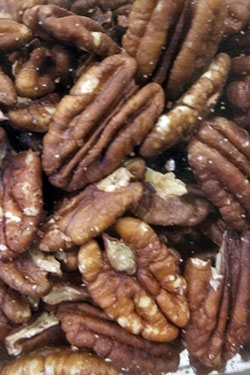
Hazelnuts, Pecans, and Walnuts
Hazelnuts, pecans, and walnuts are a great source of minerals and essential fatty acids, as well as oxalates and phytates. Eat in moderation.
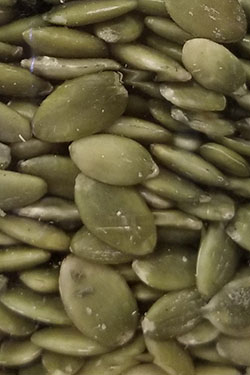
Pumpkin and Sunflower Seeds
Raw pumpkin and sunflower seeds can be sprouted to reduce antinutrients, and eaten in moderation.
